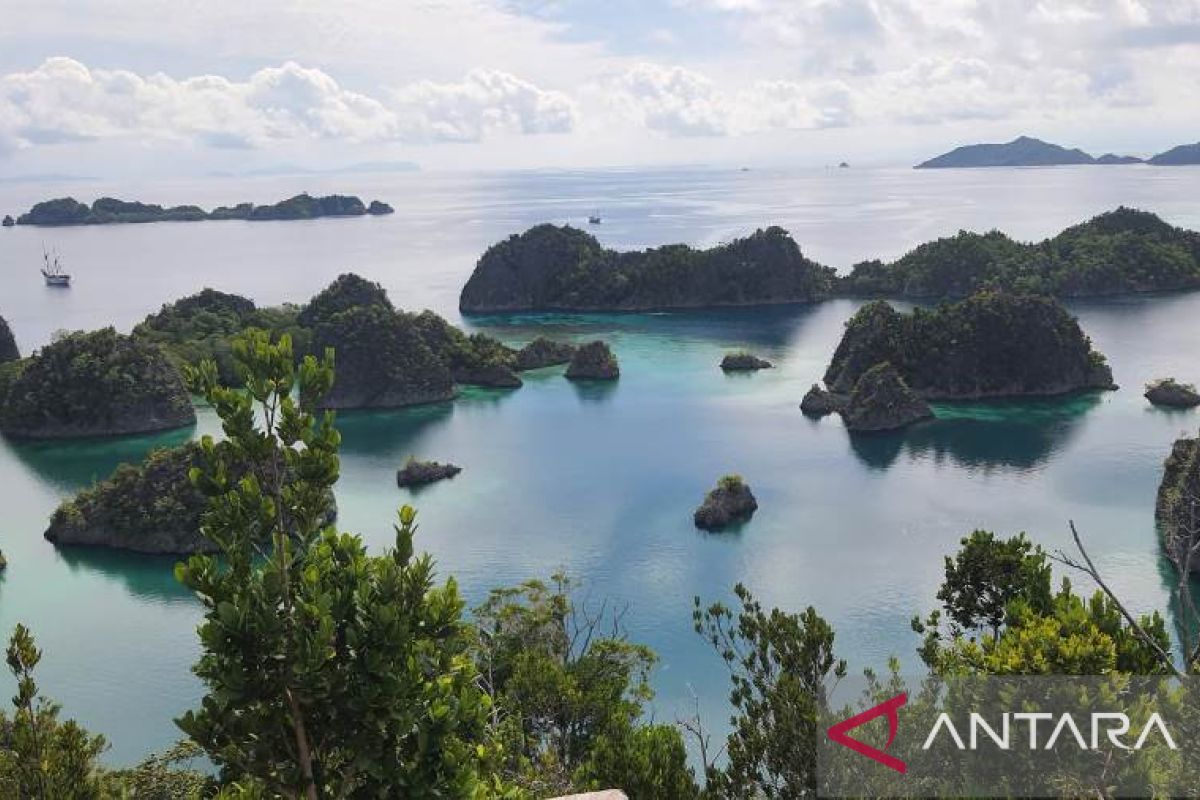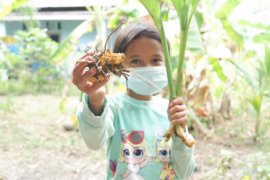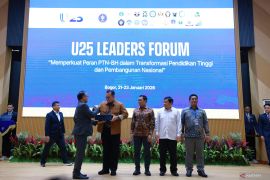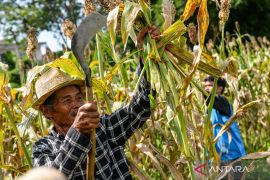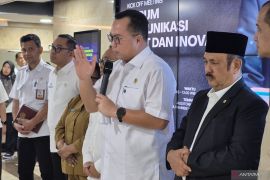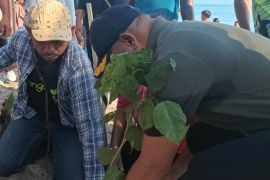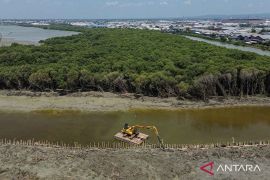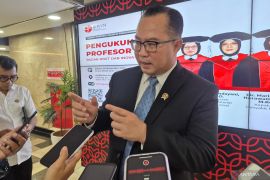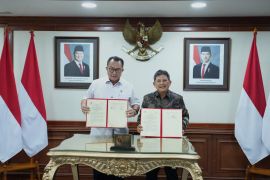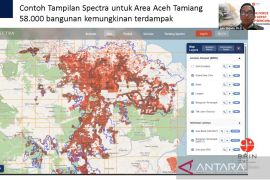Maman Tujaman, BRIN's researcher serving as chairperson of Indonesia's National Committee for the UNESCO MAB Program, observed that Raja Ampat is known as one of the most unique marine biodiversity epicenters in the world.
"Raja Ampat has immense potential to become a global model for conservation and sustainable development," he noted in the agency's statement received here on Thursday.
According to Tujaman, the process of seeking UNESCO's recognition has been running since last year, and it has been marked by public consultations and dissemination of information aimed at strengthening Indonesia's application documents.
The official then remarked that once it earned its status, management of the region would involve government officials, traditional communities, private actors, non-governmental organizations, and academicians.
"Local wisdom-based management will remain a priority, coupled with support from regional governments and traditional communities," Turjaman remarked.
Related news: UNESCO Global Geoparks team members visit West Papua's Raja Ampat
He then highlighted the chief value of the biosphere reserve status, saying that apart from encouraging the intensification of environmental measures, the status can also provide wider opportunities for local residents to participate in economically beneficial eco-friendly tourism and fishery activities.
He remarked that UNESCO recognition might lead to Raja Ampat emerging as an international center for research on marine biodiversity and climate change.
Furthermore, the researcher expressed hope that Raja Ampat would be declared a UNESCO-recognized biosphere reserve during the 37th Session of the MAB International Coordinating Council in China next year, becoming the first of its kind in Indonesia's Papua region.
Indonesia is home to seven biosphere reserves recognized by UNESCO: Leuser, Siberut, Tanjung Puting, Takabone Rate, Lore Lindu, Bromo Tengger Semeru Arjuno, and Komodo.
Related news: New UNESCO Global Geoparks to bolster tourism, creative economy: Uno
Translator: Sean FIlo, Tegar Nurfitra
Editor: Yuni Arisandy Sinaga
Copyright © ANTARA 2024
